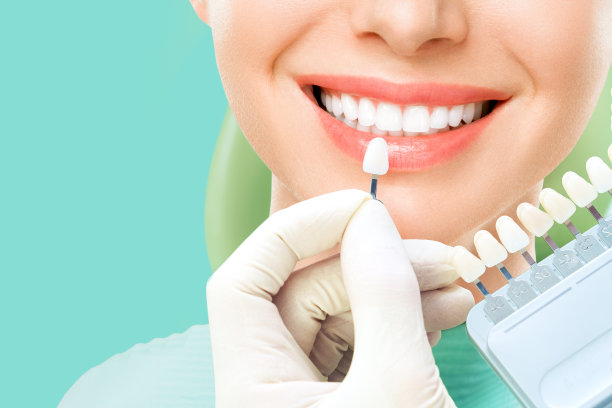Essential Dental Filling Precautions Every Patient Should Know for Optimal Oral Health and Recovery
Summary: Dental fillings play a crucial role in restoring the functionality of teeth damaged by decay or trauma. While they provide an immediate solution to dental problems, patients must be informed about essential precautions for optimal oral health and effective recovery. This article discusses key precautions including post-treatment care, dietary restrictions, dental hygiene practices, and regular follow-ups. Understanding these aspects not only ensures the longevity of fillings but also promotes overall oral health. By following the outlined precautions, patients can significantly enhance their recovery experience and reduce the risk of complications, thereby maintaining a healthy and vibrant smile.
1. Post-Treatment Care for Fillings

After receiving a dental filling, the initial care you practice can greatly impact the effectiveness of the treatment. It is essential to avoid disturbing the filling for at least 24 hours. During this time, be cautious while chewing and try to utilize the opposite side of your mouth to prevent any dislodging or damage to the new filling. If you experience any discomfort, its advisable to use over-the-counter pain relief as recommended by your dentist.
Additionally, one of the common side effects post-filling is temporary sensitivity to hot or cold temperatures. This sensitivity can last for a few days. If the sensitivity persists beyond that or becomes severe, consult your dentist to rule out any complications. Adhering to the post-treatment instructions provided by your dental professional is crucial for recovery.
Moreover, ensure you monitor the filling site for any unusual changes, such as increased sensitivity or changes in the bite. If something feels off, reaching out to your dentist promptly can help avoid larger issues down the road.
2. Dietary Restrictions After Fillings
Your diet plays a significant role in the recovery process following dental fillings. Immediately after the procedure, its advisable to stick to soft foods to avoid putting stress on the recently filled tooth. Foods like yogurt, mashed potatoes, and smoothies are excellent choices. Avoid any hard or sticky foods that could dislodge or damage the filling.
Furthermore, the first few days are critical for maintaining the integrity of the filling. Hot beverages should be consumed cautiously due to increased sensitivity, especially if the filling is new. Gradually introduce solid foods as you become more comfortable, but continue avoiding items that are known to be tough on dental repairs.
The best practice is to pay attention to how your body reacts to different foods post-treatment. If you feel discomfort while eating specific foods, it is wise to steer clear of those until your mouth fully acclimates to the filling.
3. Maintaining Dental Hygiene After Treatment
Maintaining proper dental hygiene is essential after getting fillings, as it aids in the recovery process and prolongs the life of the treatment. Brushing your teeth twice a day with fluoride toothpaste is vital. However, be gentle around the filled area to avoid excessive pressure. A soft-bristled toothbrush may be more comfortable during the initial healing phase.
Using dental floss is equally important, but be cautious to avoid pulling too hard around the filling. An interdental brush can also be effective in cleaning between teeth without risking damage to the filling. Rinsing with an antibacterial mouthwash can further help in maintaining a clean environment in your mouth.
Regular dental check-ups are also a crucial aspect of sustaining dental hygiene. Your dentist can evaluate the filling during routine visits and make sure everything is in order, thus minimizing the risk of developing further dental issues.
4. Importance of Regular Dental Follow-Ups
Scheduling regular dental follow-ups following a filling is a significant precaution that cannot be overlooked. These check-ups allow your dentist to assess the condition of the filling and surrounding teeth, ensuring no underlying issues are developing. Ideally, follow-up visits should be scheduled every six months, or as recommended by your dental care provider.
During these visits, your dentist can professionally clean your teeth, check for plaque buildup, and assess the overall health of your gums. If any concerns arise, addressing them promptly can save you potential pain and complications in the future.
Moreover, keeping an open line of communication with your dentist about any new symptoms or changes you notice can aid in detecting issues early, leading to prompt intervention. Regular visits contribute significantly to your ongoing oral health and ensure your dental treatments remain effective.
Summary:
In conclusion, understanding essential dental filling precautions is critical for ensuring optimal oral health and effective recovery. Emphasizing post-treatment care, adhering to dietary restrictions, maintaining dental hygiene, and attending regular dental follow-ups are fundamental for the longevity of fillings and overall dental health.
This article is compiled by Vickong Dental and the content is for reference only.



